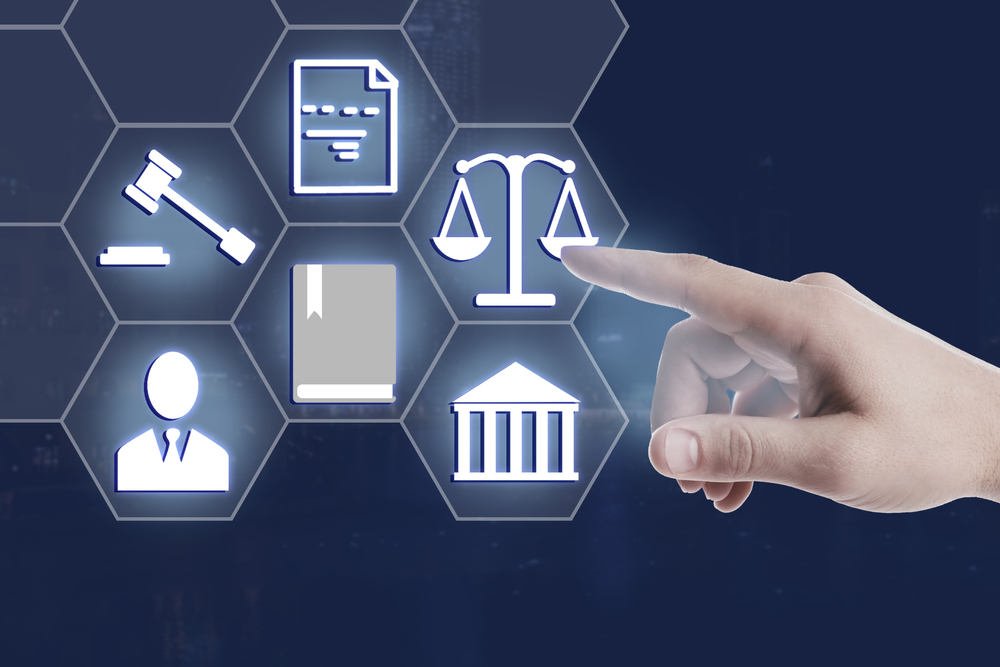Now Reading: What Is Legal Tech? How Technology Is Transforming the Legal Profession
-
01
What Is Legal Tech? How Technology Is Transforming the Legal Profession

What Is Legal Tech? How Technology Is Transforming the Legal Profession
Legal technology, often referred to simply as “legal tech”, has emerged as one of the most transformative forces in the legal profession. Traditionally resistant to change, the legal industry is now evolving thanks to a wide array of technological tools and platforms that are streamlining workflow, changing client expectations, and opening new pathways to justice and a better comprehension of the law.
Understanding Legal Technology: More Than Just Software
At its core, legal technology refers to the software, digital tools, and platforms designed specifically to support the delivery and management of legal services. While the early days of legal tech saw basic innovations such as word processors and searchable legal databases, today’s landscape is defined by far more advanced tools. Cloud-based case management systems, AI-driven research tools, and automated contract analysis are just the beginning. According to recent industry sources, legal technology now encompasses everything from deal database platforms and document automation to auto-writing services and automated client management.
How Legal Tech Is Changing Law Firms and Client Service
The impact of legal tech is visible across almost every subset of legal practice. Start with document automation, which has made generating contracts and other routine documents both faster and more reliable. E-discovery, a notoriously resource-intensive phase of litigation, has been revolutionised by machine learning, allowing for the rapid review of vast amounts of data. Gone are the days when junior lawyers spent entire weeks parsing through boxes of documents; today, AI tools can surface the most relevant material in a fraction of the time.
Case management software, often built in the cloud, helps firms and in-house teams stay organised, manage deadlines, track client communication, and handle billing efficiently. Legal research platforms, now powered by AI and natural language search, mean that answering complex legal questions or finding on-point case law happens in minutes, not hours.
Client relationship management tools are also reshaping the attorney-client dynamic, improving communication, creating portals for document-sharing, and providing greater transparency around billing and case progress. More recently, legal tech has enabled online dispute resolution—platforms where opposing parties can negotiate and resolve matters virtually, sometimes without entering a physical courtroom.
Benefits: Efficiency, Access, and Accuracy
The adoption of legal technology brings a host of benefits. Efficiency and accuracy top the list: automation and digitisation free up lawyers from repetitive tasks, reduce the risk of manual errors, and allow for more strategic, high-value work. Costs decrease, for both firms and their clients, while turnaround speeds increase. One of the most profound impacts, however, is the way technology can expand access to justice, therefore making legal services more affordable, transparent, and available to those who might otherwise go unrepresented.
Challenges: Change Management, Cost, and Ethics
Of course, the journey isn’t without challenges. Significant upfront investment can be required, particularly for small firms evaluating which legal tech solutions truly meet their needs. There’s a clear learning curve: implementing a new system means training staff, adjusting habits, and, at times, rethinking the way legal work is approached. Data privacy and cybersecurity are paramount, but trust is the cornerstone of the legal profession, and any digitised system must be rigorously safeguarded.
There are also ethical concerns, especially as AI plays a more active role. How do we guard against bias in algorithms? Who is responsible if an automated system makes the wrong call on a matter of law? And what does it mean for the future of the profession if some legal work can be done without a human lawyer at all? These are live debates, requiring careful attention from regulators and the profession alike.
Legal Tech in Action: Real-World Examples
Legal technology’s reach can be seen in real-world tools and platforms. Consider AI-powered research solutions like LexisNexis, which use machine learning to match complex queries with relevant precedents, or contract analytics platforms that flag potential risks and ensure compliance across entire portfolios of agreements. Document automation firms like ContractExpress enable rapid drafting of complex legal instruments using standardised templates and clause libraries, while e-signature services such as DocuSign streamline everything from contract execution to court filings. Peer-to-peer platforms now connect clients to lawyers for quick advice, sometimes even replacing traditional legal consultations for simpler matters.
The Road Ahead: Human Expertise, Augmented by Tech
Looking forward, the landscape will only become more sophisticated. As artificial intelligence matures, we can expect a new wave of tools for predictive analytics, risk modelling, and negotiation support. At the same time, blockchain is being explored for its potential in automating and securing transactions, from land records to intellectual property. Yet, for all technology’s promise, the human element remains essential: judgment, advocacy, persuasion, and empathy are the enduring core of lawyering.
Legal professionals would do well to approach legal tech with both curiosity and strategy. The most successful firms identify their pain points, research the best-fit platforms, ensure rigorous training, and treat data security as non-negotiable. Attending legal tech conferences, joining webinars, and connecting with peers can help lawyers stay at the forefront of these fast-moving changes.
Conclusion
Legal technology is neither a silver bullet nor a substitute for all human expertise, but it has irreversibly changed the practice of law. For legal professionals and clients alike, the message is clear: embracing tech is not only about efficiency, but about access, quality, and relevance in an evolving profession. Those who adapt will not just survive—they will thrive in the new digital legal landscape.







